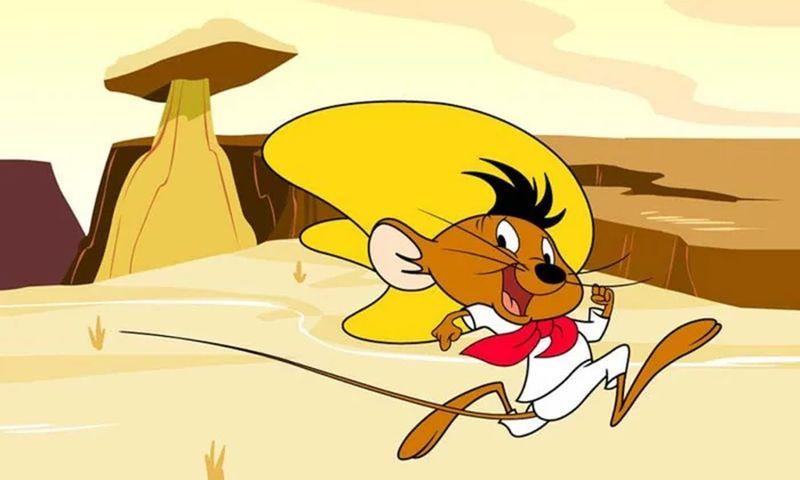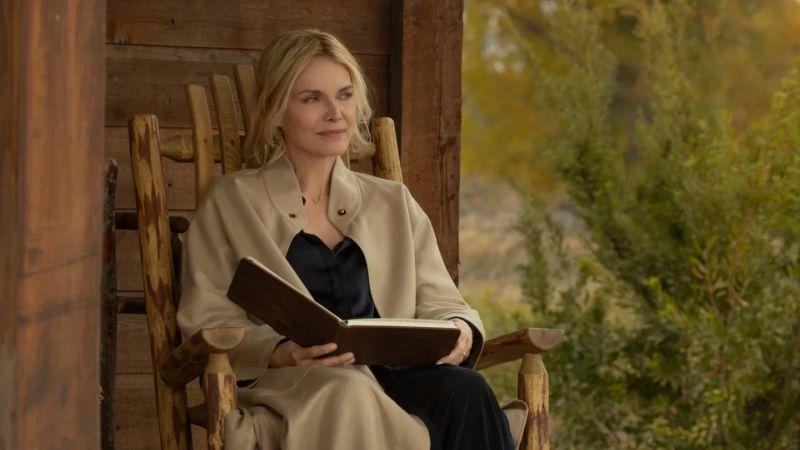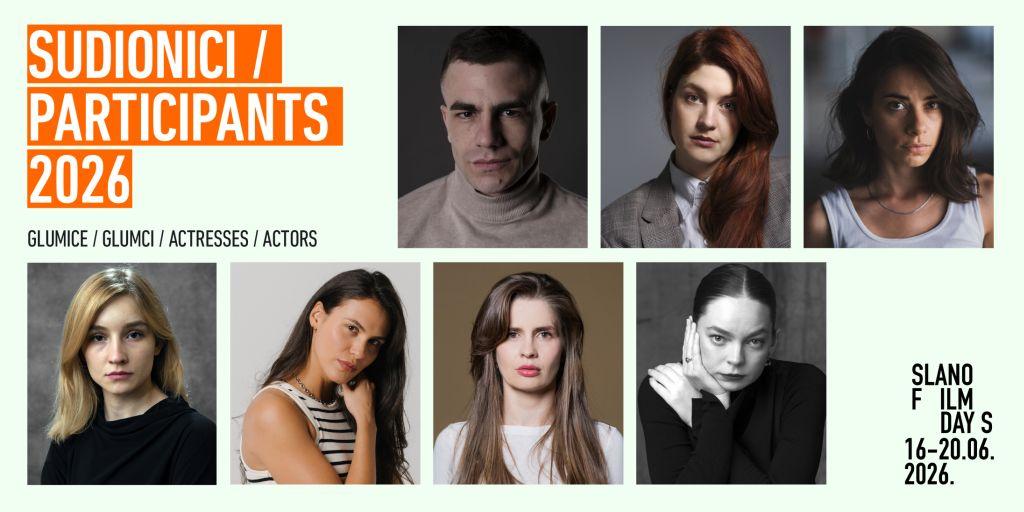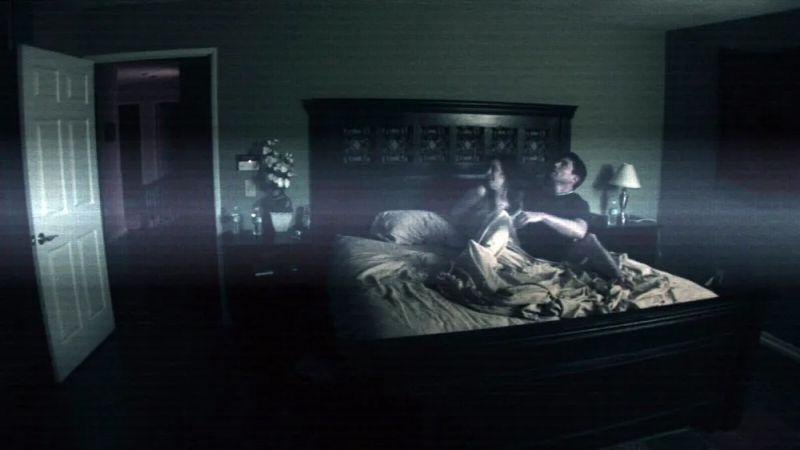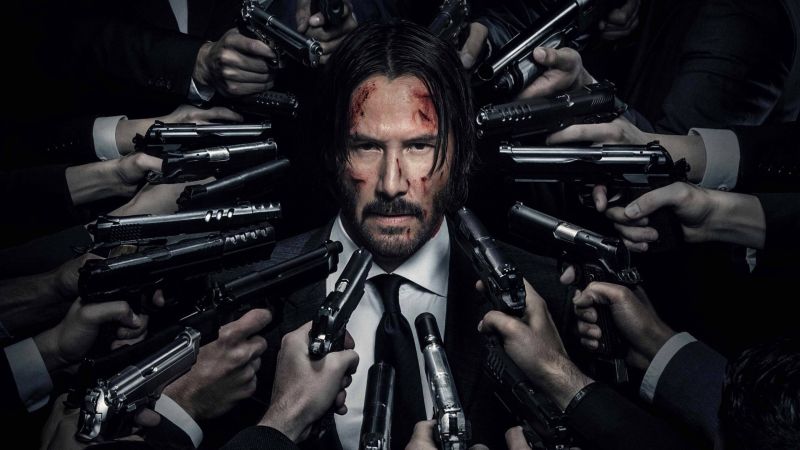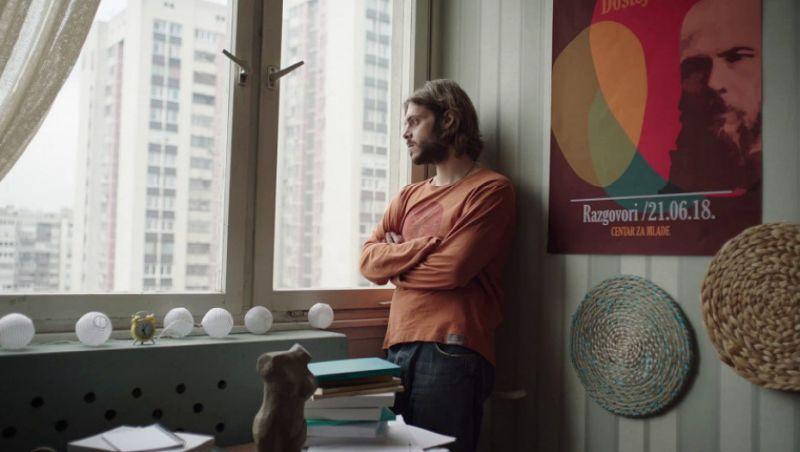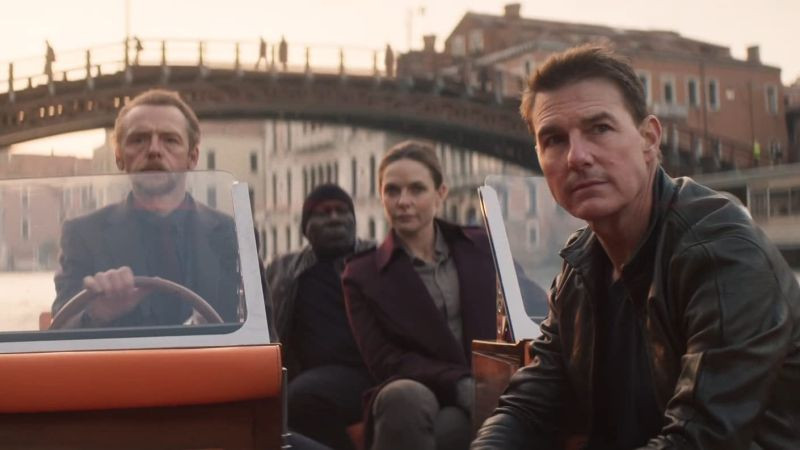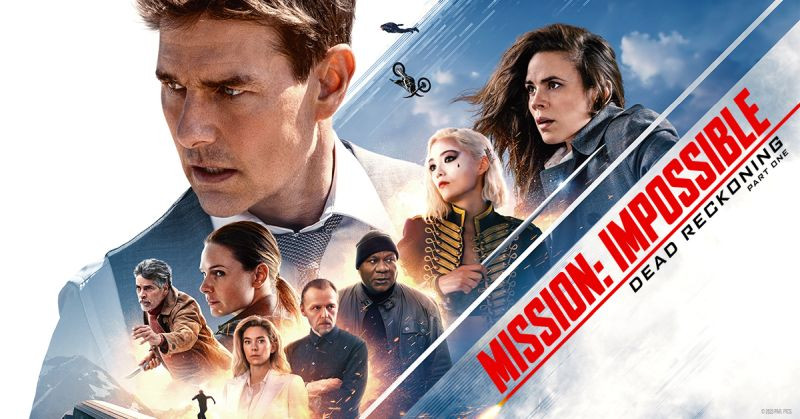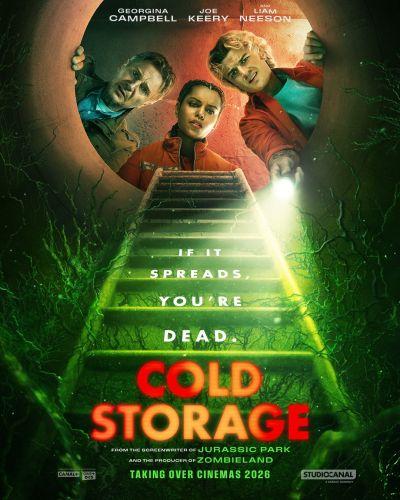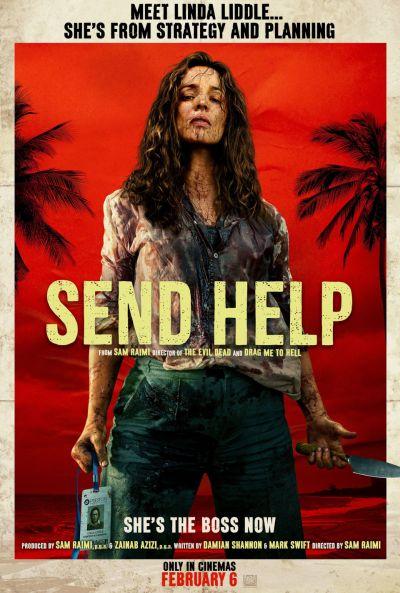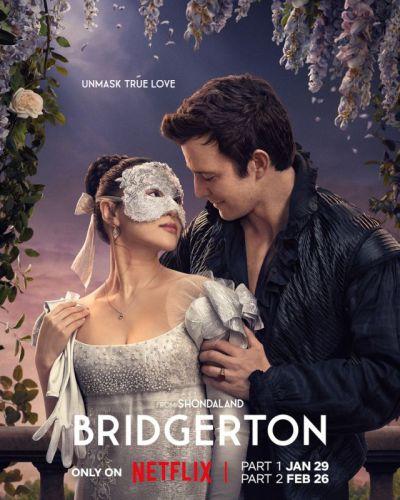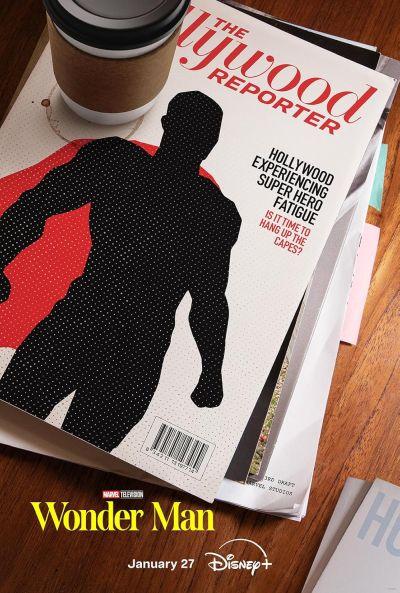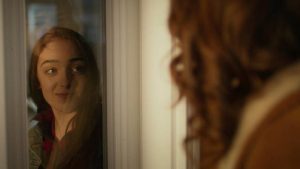 Fillmofil.ba proudly represents the works of young critics done in program Talents Sarajevo of 25th Sarajevo Film Festival
Fillmofil.ba proudly represents the works of young critics done in program Talents Sarajevo of 25th Sarajevo Film Festival
Written by: Călin Boto
In DAD (2019) a teenage girl is visited by her older sister in a cabin in the woods. While small-talking, the youngster confesses about eating ready-made frozen food for the entire summer. It is very much that type of cinema as well, namely a way of making a ready-made film which is frozen in a genre. It is usually what we call a summer blockbuster, and it feels that they have been around since Hollywood itself under different names. Still, it is the crust that interested the young Canadian director-writer Vladimir Bilenjki.
As expected, there are some things in the woods. Firstly, the cottage. Secondly, a mysterious entity that is ghosting around. Finally, two estranged sisters – Deborah, the woman, and Deanna, the girl. One’s a troubled teenager and the other a doll-like pious young lady who survived leukemia. They get together in what seems to be a vacation cottage in the Canadian forests, a sightseeing experience offered by the cinematographer Stéphanie Anne Weber Biron. The horror set-up is complete, but a psychological soap-opera-ish drama is about to come.
Deborah’s arrival seems just as strange as the way Deanna greets her. They are waiting for the dark and twisted perverse Godot-like father of theirs, so the family reunion could begin. Much of the “strangeness” is provided through the confrontational dialogue. The two have been sexually abused by their father, and talk about it as something equally traumatic and exciting. They go deeper and deeper into the Stockholm syndrome as they wait for the father, and every time the mother is mentioned the father gets more desired. More than that, even a competitive attitude seems to arise in them. Both seem to be looking forward to another incestuous touch of the man. On top of that, the general atmosphere is continuously changing due to what seem to be Deanna’s ill-looking breakdowns, very much like she’s being possessed. From sisterhood to manic revenge, the two are on a rollercoaster. Briefly (and by formulating it in a very patriarchal manner, in terms of “belonging” and “possessing"), the teenager goes through two worst-case scenarios of being possessed.
By being predictable from the beginning to the end, DAD can’t assure much of a thrilling ride. But it is thrillingly enough to encounter a safe and sound non-so-extravagant film which reverences what used to be a cinematic extravaganza. One might quickly find this glamourization of abuse as being unappropriated by any means. The big cottage, a frozen lake, chic clothes, womanhood rituals, much suggesting that “girls will be girls”. But Bilenjki adds sickening details to the upper-middle-class-frozen-pizza glamour. I find the issue of glamourizing trauma thought-provoking enough to be glad that a film such as DAD brought it to my attention. Soap operas have a long tradition of being much of a borderline between extremely patriarchal depictions of families and transgressive portraits of women who usually belong to ethnical, racial, and other social minorities. The same goes for B-horror cinema, a gallery of arguably allegorical ways of possession with a great deal of erotism in them, be it ghosts, vampires, or monsters. These are not only traditions of marginal cinema, but key-elements for its narrations and narratives, which Bilenjki, sometimes cleverly, other times clumsily, puts together in his film. Were these going too far back then? Can they go as far in the 21st century?
Certainly not that far, since much of the horror and soap opera iconic elements have been sterilized by the ever changing camp sensibilities, for good or for worse. But camp is both a sensitivity and a code, and its main charm is that it could or could not be shared by the others since the rules of becoming an insider (but also an outsider) are vague. The change has much to do with the popularisation of camp, up to the Met Gala.
How camp communities adopted soap opera’s over-the-top, usually larger-than-life elements made it more about the juicy unrealistic drama than about the politics of representation. B-productions marked a very specific time and place for cinema. Both in- and outside Hollywood, esoteric, and outsiders, many of these films fought against their status and remained solid small masterpieces. But the Bs were surely not the ones to put an end to the alphabet. Technicolor flops (could one hold Maria Montez accountable for anything political?) and the TV soap opera were already there, followed by the experimental cinema of the sixties, the iconic midnight movies, and the porn production of the seventies, to name only a few. Otherness and marginality were embraced, and, step by step, all these became bits of film culture(s) as it is/they are known today.
Where does a film like DAD stand in the post #MeToo era? I think somewhere very safe since its main task seems to be that of creating two very unsettling spaces, namely the cottage where all the abuses have been going on and the surroundings that may or may not be hiding dangers. But the cottage is certainly not the only interior which is unsafe. One cannot be sure of the delimitation between psychical and physical space in Bilenjki’s film, especially since both Deborah and Deanna have internalized the trauma and incestuous desire not only between walls but in their minds as well.

